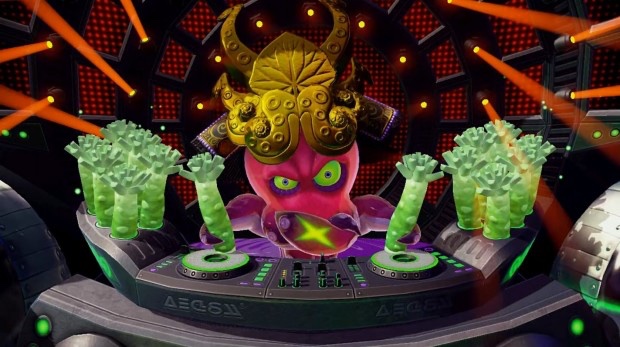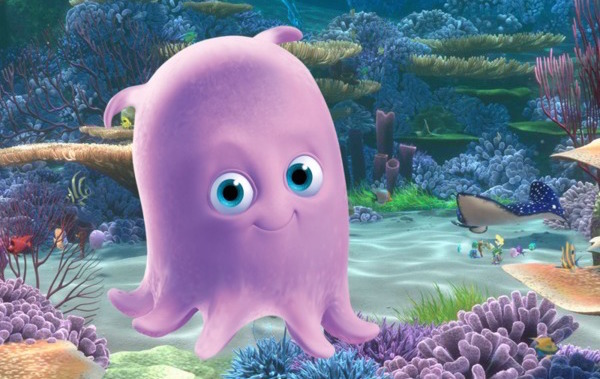When it comes to determining how smart octopi are, you don’t really need to go further than this video of an octopus unscrewing a jar from the inside to escape to know that our eight-limbed “friends” are operating on a worryingly human level. A team of researchers from the University of Chicago recently determined that the mighty octopus is actually…more than human.
Fun fact: There is an international Cephalopod Sequencing Consortium, which includes scientists from the University of Chicago; University of California, Berkeley; and Okinawa Institute of Science and Technology. By sequencing the genome of the California two-spot octopus (a.k.a. Octopus bimaculoides), they discovered that octopi possess brain-building genes called protocadherins, which were thought to exist only in vertebrates (things with spines, like humans or sentient carnivorous books). While octopi have the equivalent to eight spinal cords—one running down each arm—the cephalopods are clearly invertebrates and aren’t supposed to have this brain-building protein.
Except they do…a lot. While humans have about 60 protocadherins, the octopus genome was found to have 168, nearly three times the neural wiring capacity than humans (who tend to be several times larger than octopi, except in our nightmares).
Octopi are demonstrably smart, and they stole all our best brain-genes, so why aren’t we visiting octopus cities on the ocean floor these days? It’s not because they don’t have a key evolutionary ability of humanity–the emergent ability to conceptualize and imagine scenarios–but because they don’t get enough time to use that ability. An octopus only lives three to five years; long enough to get their Bachelor’s degree in Literature, but not long enough to get hired to write articles for sassy websites.
The research team also hypothesized that cephalopod neurons don’t function well over long distances, forcing octopi to evolve a “short-range brain” that works better in bursts and isn’t operationally centralized.
One of the study’s co-senior authors, Clifton Ragsdale (associate professor in Neurobiology and Organismal Biology and Anatomy from the University of Chicago) was quoted as saying, “The late British zoologist Martin Wells said the octopus is an alien. In this sense, then, our paper describes the first sequenced genome from an alien.” But it’s more interesting to think of the cephalopods as very much of Earth. That we’d be sharing the planet with them if only they had lifespans that allowed them to act on their intelligence.
This premise sounds so familiar…











